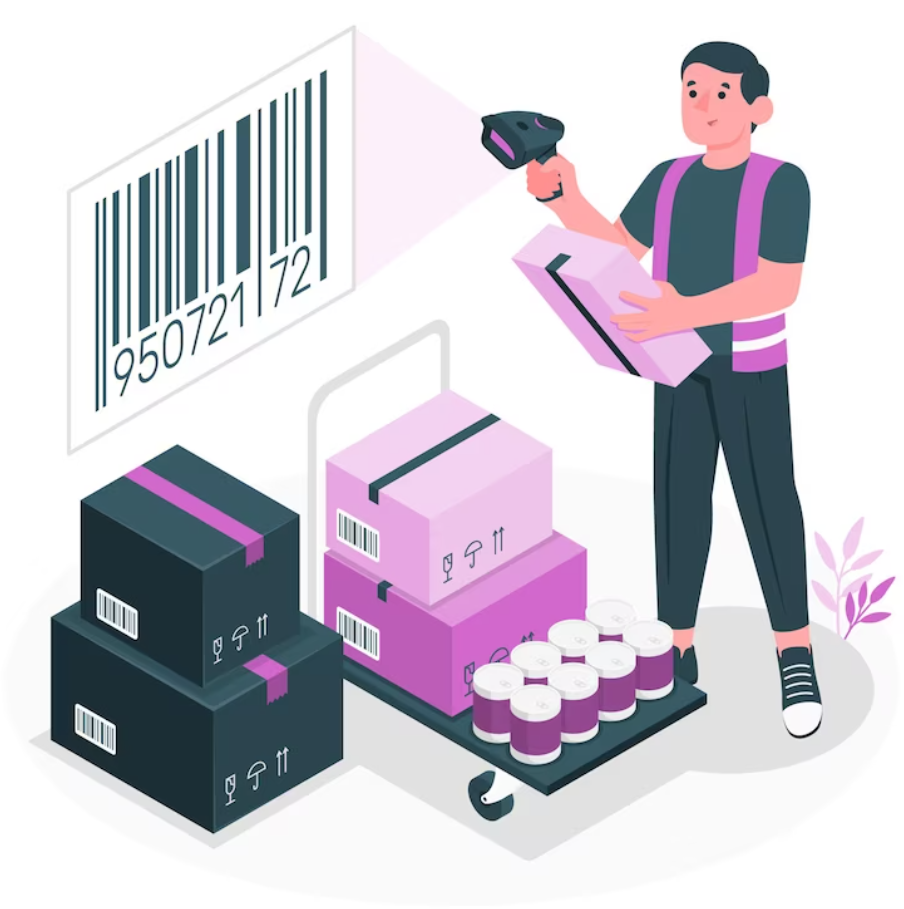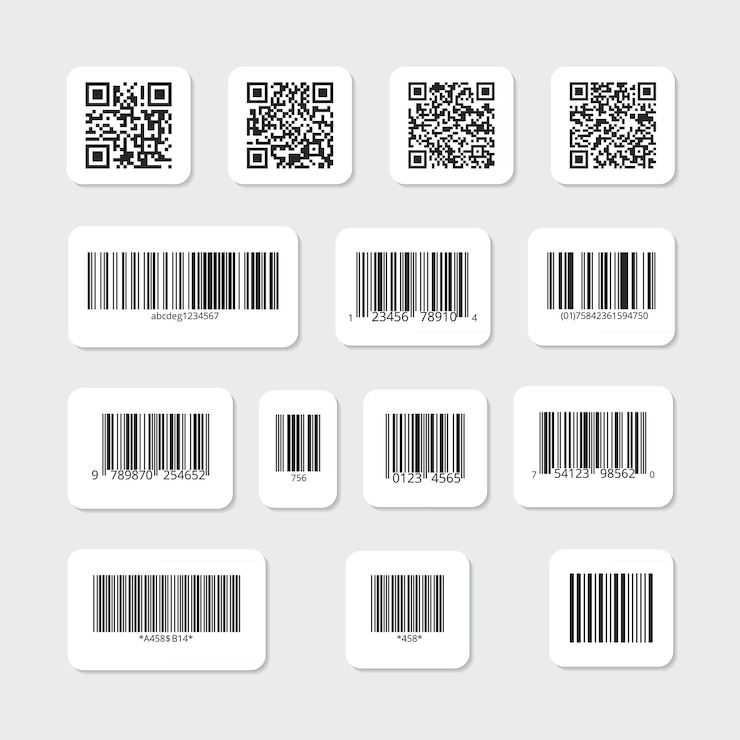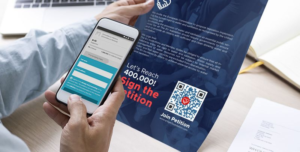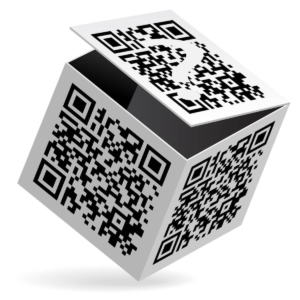Introduction
QR codes, short for Quick Response codes, have become increasingly popular in recent years. Originally developed for the automotive industry in Japan, QR codes are now widely used in various fields, including marketing, inventory management, and supply chain management. In this article, we will explore the benefits of QR Codes for Supply Chain Management and how they can revolutionize the way businesses handle their logistics and operations.
Streamlining Inventory Management with QR Codes
Inventory management is a crucial aspect of supply chain management, and QR codes offer an efficient solution to streamline this process. By incorporating QR codes into inventory tracking, businesses can achieve greater accuracy and real-time visibility of their stock levels. With a simple scan of the QR code using a smartphone or a barcode scanner, employees can instantly access detailed information about the product, such as its location, batch number, expiration date, and any other relevant data. This real-time information enables businesses to make informed decisions regarding stock replenishment, reducing the risk of stock outs or overstocking.
Enhancing Traceability and Product Authenticity
Product traceability is a critical concern for businesses, especially those dealing with perishable goods or products with complex supply chains. QR codes can be used to enhance traceability by providing a unique identifier for each product. This identifier can be linked to a digital record containing comprehensive information about the product’s origin, manufacturing process, and journey through the supply chain. By scanning the QR code, consumers, retailers, and regulators can easily verify the authenticity and integrity of the product, ensuring transparency and trust in the supply chain.
Optimizing Order Fulfillment Processes
QR codes can simplify order fulfillment by assigning them to each item that carries essential details like the customer’s order, product specifications, and delivery instructions. These codes help warehouse personnel scan and retrieve accurate information, minimizing errors and delays in picking and packing. Businesses and customers can also track their shipment status in real time, ensuring customer satisfaction and loyalty.

Facilitating Product Recalls and Returns
Product recalls and returns are inevitable in many industries. However, managing these processes efficiently can be a complex and time-consuming task. QR codes simplify this process by enabling businesses to track and manage recalls and returns more effectively. In the event of a recall, businesses can use QR codes to identify and locate affected products quickly, minimizing the impact on consumers and reducing financial and reputational risks. Similarly, QR codes can facilitate returns by providing customers with a seamless and hassle-free experience. Customers can scan the QR code on the product or packaging to initiate the return process, eliminating the need for manual paperwork and improving overall customer satisfaction.
Improving Supply Chain Visibility and Collaboration
Effective supply chain management requires collaboration and visibility among all stakeholders involved. QR codes play a vital role in improving supply chain visibility by enabling the exchange of real-time information between suppliers, manufacturers, distributors, and retailers. By scanning QR codes at various stages of the supply chain, stakeholders can track the movement of goods, monitor inventory levels, and identify potential bottlenecks or delays. This visibility allows for proactive decision-making and better coordination, ultimately leading to improved operational efficiency and customer satisfaction.

Enhancing Customer Engagement and Marketing Opportunities
QR codes offer businesses a powerful tool for enhancing customer engagement and unlocking new marketing opportunities. By incorporating QR codes into product packaging, labels, or promotional materials, businesses can provide customers with easy access to additional information, special offers, or interactive content. For example, scanning a QR code on a food product could lead customers to a website with recipes and serving suggestions. This not only enriches the customer experience, but also enables businesses to gather valuable data and insights about consumer preferences and behaviors.
FAQs
1. What are the benefits of using QR Codes for Supply Chain Management?
QR codes offer several benefits for supply chain management, including streamlining inventory management, enhancing traceability and product authenticity, optimizing order fulfillment processes, facilitating product recalls and returns, improving supply chain visibility and collaboration, and enhancing customer engagement and marketing opportunities.
2. How can QR codes streamline inventory management?
QR codes simplify inventory management by providing real-time visibility of stock levels. By scanning QR codes, employees can instantly access detailed information about the product, enabling businesses to make informed decisions regarding stock replenishment.
3. How do QR codes enhance product traceability?
QR codes provide a unique identifier for each product, which can be linked to a digital record containing comprehensive information about its origin, manufacturing process, and journey through the supply chain. Scanning the QR code allows for easy verification of product authenticity and transparency in the supply chain.
4. How do QR codes optimize order fulfillment processes?
QR codes simplify order fulfillment by providing essential information about the customer’s order details, product specifications, and delivery instructions. Warehouse personnel can quickly scan QR codes to ensure the correct items are picked and packed, minimizing errors and delays.
5. Can QR codes facilitate product recalls and returns?
Yes, QR codes can facilitate product recalls and returns by enabling businesses to track and manage these processes more efficiently. QR codes help identify and locate affected products during recalls and provide customers with a seamless return experience by eliminating manual paperwork.
6. How do QR codes enhance customer engagement and marketing opportunities?
QR codes can be incorporated into product packaging, labels, or promotional materials to provide customers with additional information, special offers, or interactive content. This enhances the customer experience and allows businesses to gather valuable data about consumer preferences.
Conclusion
QR codes have emerged as a valuable asset in supply chain management, offering numerous benefits for businesses and their stakeholders. From streamlining inventory management to enhancing product traceability, optimizing order fulfillment processes, facilitating recalls and returns, improving supply chain visibility and collaboration, and enhancing customer engagement, QR codes are transforming the way businesses manage their supply chains. Embracing QR codes can lead to increased operational efficiency, cost savings, and improved customer satisfaction. As businesses continue to adapt to the digital age, QR codes are set to play an increasingly pivotal role in shaping the future of supply chain management.











